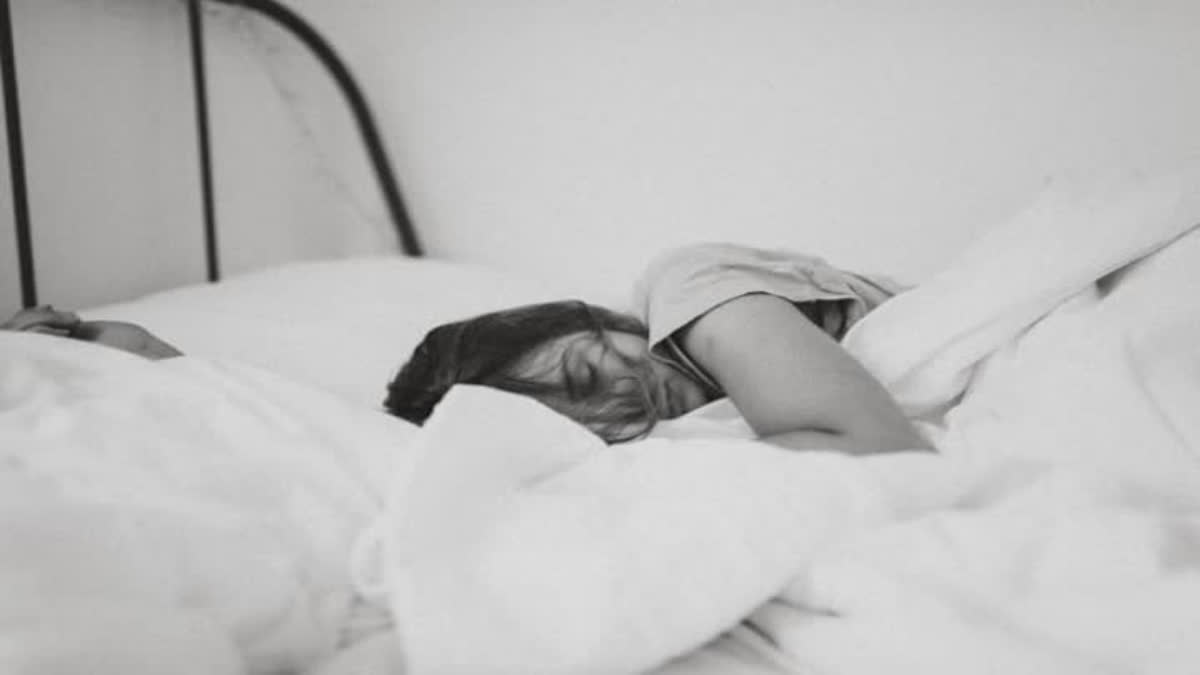London: Consistently sleeping less than five hours a night might raise the risk of developing depressive symptoms, according to a new genetic study. Both sleep duration and depression are partly inherited from one generation to the next, according to researchers.
The study led by UCL (University College London) researchers and published in the journal Translational Psychiatry, analysed data from people with an average age of 65 and found short sleep was associated with the onset of depressive symptoms.
"Using genetic susceptibility to disease we determined that sleep likely precedes depressive symptoms, rather than the inverse,” said lead author Odessa S. Hamilton.
For the study, the researchers used genetic and health data from 7,146 people recruited by the English Longitudinal Study of Ageing (ELSA), a nationally representative population study in England.
They found that people with a stronger genetic predisposition to short sleep (less than five hours in a given night) were more likely to develop depressive symptoms over 4-12 years, but that people with a greater genetic predisposition to depression did not have an increased likelihood of short sleep.
Short and long sleep durations, along with depression, are major contributors to public health burden that are highly heritable.
“Polygenic scores, indices of an individual’s genetic propensity for a trait, are thought to be key in beginning to understand the nature of sleep duration and depressive symptoms,” said senior author Dr Olesya Ajnakina. The research team also looked at non-genetic associations between depressive symptoms and sleep duration.
